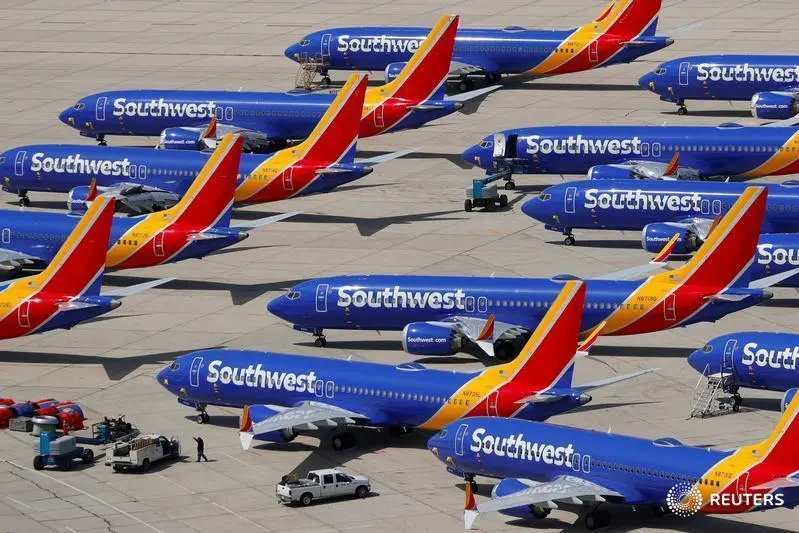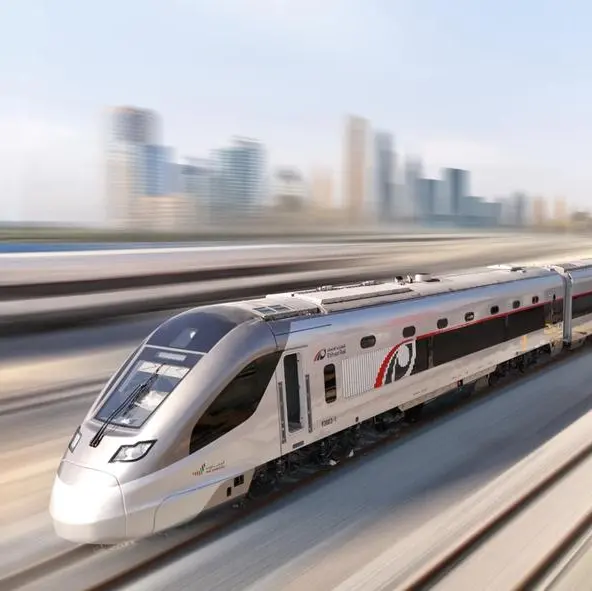PHOTO
NEW YORK (Reuters Breakingviews) - Two national champions, each with a product customers can’t easily avoid, each important to their respective governments, and both facing a big image problem. Boeing and Huawei Technologies are very different businesses with a surprising amount in common.
Both companies have a quality crisis on their hands. American plane-maker Boeing is under intense scrutiny after two of its new 737 MAX aircraft crashed in Indonesia and Ethiopia, killing 346 people. Telecoms equipment maker Huawei has been painted by U.S. officials as a bogeyman that does China’s bidding – which it strongly denies.
This is troubling for both of their home countries. First there’s the prominence they have in their respective markets. Civilian aircraft and parts made up around 5 percent of total U.S. exports in 2018, according to the Bureau of Economic Analysis, and the $220 billion Boeing is part of a global duopoly in commercial planes. Huawei, which supplies countries around the world with low-cost network equipment, is key to China’s mission of refashioning itself as a global high-tech powerhouse.
Yet governments are also the problem. Huawei’s detractors say Chinese politicians are too hands-on. The White House wants U.S. allies to dump the Chinese firm, saying its kit is a backdoor for spying, though Huawei insists otherwise. For Boeing, the U.S. government looks too hands-off. The U.S. Federal Aviation Administration was the last global regulator to the ground the 737 MAX. It ceded parts of the new-plane certification process to Boeing itself, something federal investigators are now examining.
Boeing’s situation is bad – especially as it involved the actual loss of life – but may be more easily resolved than Huawei’s. Chinese government meddling is by its nature hard to detect. It’s a broader issue for the People’s Republic that isn’t going away. The U.S. Treasury Department has in recent weeks requested the divestment of various assets owned by ostensibly private Chinese companies. Last week it was dating app Grindr; this week, according to CNBC, healthcare company PatientsLikeMe.
Boeing can at least take action that outsiders can see, rectifying software glitches and ensuring proper pilot training. Meanwhile its regulator, the FAA, can beef up its processes, and finally get proper leadership — Trump nominated in March a chief for the agency. Since government oversight is easier to prove than disprove, Boeing’s is the straighter route out of ignominy.
CONTEXT NEWS
- Boeing Chief Executive Dennis Muilenburg issued a statement on April 4 after the release of a preliminary report on the crash of one of its aircraft operated by Ethiopian Airlines in March.
- Speaking of a software system believed to have contributed to the crash, he said “It’s our responsibility to eliminate the risk. We own it and we know how to do it.”
- Ethiopian authorities on April 4 said pilots of the 737 MAX jet followed procedures provided by Boeing but were unable to control it. The plane crashed minutes after takeoff from Addis Ababa on March 10, killing 157 people.
- The 737 MAX fleet was grounded by worldwide regulators after the Ethiopian crash. A Boeing 737 MAX operated by Lion Air crashed and killed 189 in Indonesia last October.
- Boeing said on April 1 it planned to submit proposed software fixes to its 737 MAX series aircraft to the U.S. Federal Aviation Administration in “the coming weeks.” The company previously had said the upgrades would be submitted to regulators by last week.
- Daniel Elwell, the acting head of the FAA, along with other transportation officials testified before a U.S. Senate subcommittee on March 27 about its role in certifying the 737 MAX.
(Editing by Tom Buerkle and Amanda Gomez)
© Reuters News 2019





















